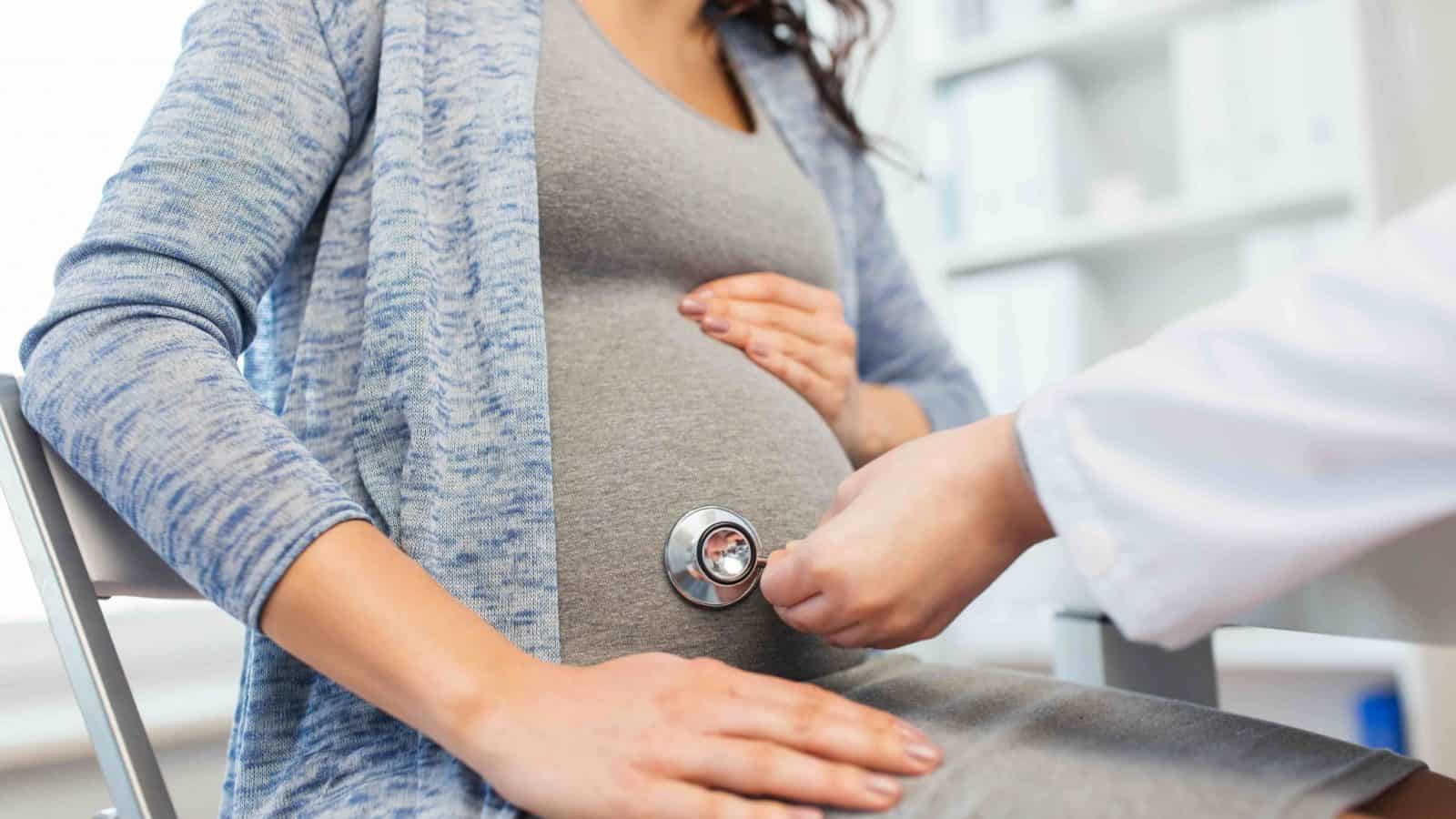Risks and Benefits of Pregnancy After 30
:max_bytes(150000):strip_icc()/GettyImages-942572804-44d82a66c08b45b49273c5547625d9fb.jpg)
Pregnant women in their 30s will experience pregnancy very differently than women in their 20s, whether they are looking for financial security before starting children or adding a final member to their broods.
Women in their 30s are more likely to require C-sections and to have difficulties such as high blood pressure, gestational diabetes, and other complications. Regardless of these factors, pregnancy after the age of 30 is still totally safe with proper prenatal care.
Expectant mothers in their third decade must be careful about getting regular prenatal care, having STD test early on, and taking other precautions to reduce the hazards that are prevalent in this age range. In fact, birth rates among women in their 30s in the United States are currently at their highest level in more than 40 years. 1
After-30 Pregnancy Risks and Benefits
Pregnancies after the age of 30 are frequently regarded high-risk merely on the basis of the pregnant mother’s age. Yet, after the age of 35, childbearing is frequently regarded as extremely risky. 2 This is because, in addition to the health difficulties that affect expectant mothers, pregnancies in women aged 35 and older include a number of hazards that directly harm the health of their children.
Benefits
As they hit their 30s, modern women retain amazing resilience and stamina. Women are aging better and are better prepared to face the demands of childbirth and child-rearing later in life as there is a greater emphasis on self-care, preventative medicine, stress management, and whole-health techniques.
If you’ve always wanted to have your own baby (or another one), getting one at this period will undoubtedly improve your quality of life. You will get a lasting sense of fulfillment, a new sense of purpose, and a lot of delight. Furthermore, women in their 30s are often significantly more financially secure than women in their early 20s, as well as more likely to be comfortable in their relationships. Hence, despite the multiple dangers associated with post-30 pregnancy, women in their 30s are frequently prepared to provide their children with superior financial, emotional, and familial stability.
Safe Pregnancy Advice for Women in Their Thirties

In her 30s, a woman is still considered fertile. As such, getting pregnant at this time is something the body is built to do. Yet, regardless of age, women must maintain healthy lifestyle habits, obtain regular prenatal care, and actively mitigate recognized hazards. Identifying and managing lifestyle conditions is one method to begin risk reduction.
If you smoke, you should quit immediately. Your doctor can assist you in developing a successful smoking cessation plan before becoming pregnant or if you are already pregnant.
Although you will require extra calories to support your developing baby during pregnancy, you should check with a nutritional counselor if you currently have any weight-related health issues. Your primary care physician or OB/GYN can also help you develop a plan for successfully managing diabetes, hypertension, or other weight-related issues.
Finally, all pregnant women, regardless of age, should be checked for STDs such as HIV, gonorrhea, chlamydia, herpes, HPV, hepatitis, and others. Early detection and treatment of STDs reduces the risk of miscarriage, stillbirth, and the transmission of severe illnesses in vitro or to infants. 3
Is it Safe to Get Pregnant in Your 30s?
Becoming pregnant in your 30s comes with a number of hazards that women are unlikely to encounter in their 20s. These dangers, however, should not deter you from celebrating the impending arrival of your child. Instead, they provide adequate reason to begin doing everything you can to take care of yourself and ensure a safe pregnancy.
Novelty STD testing provides comprehensive sexually transmitted disease testing for women who are pregnant or attempting to conceive. Locate a testing lab near you today to take this critical step toward protecting your child’s health.
